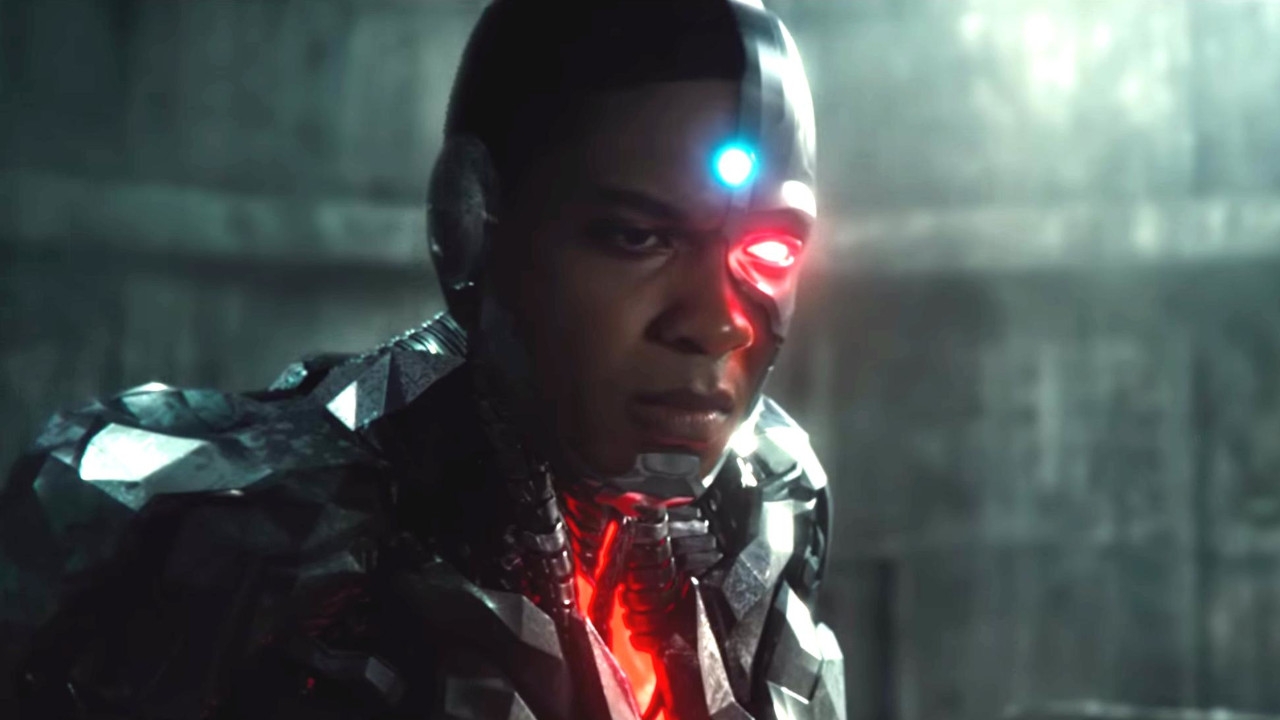46Views
Can DC move past its enduring shadow of racism?
The DC Extended Universe helmed under Warner Bros. has long played second-fiddle to Disney’s dominant Marvel Cinematic Universe. The recent announcement of a Superman film reboot under the production of J.J. Abrams and written by Ta-Nehisi Coates looks to shake up the future of DC films by being the first cinematic iteration of a Black Superman.
What on the surface seems forward-thinking and innovative by D.C. is in fact long-overdue and lagging behind the Marvel competition.
Chasing the competition
Marvel has seen success with diversifying its heroes on screen over the past few years. There have been box-office and Oscar-winning hits like Black Panther, Spider-Man: Into the Spider-verse, and also the introduction of Anthony Mackie’s Sam Wilson as the new Captain America. Marvel thus turned the corner on diversity in the superhero entertainment space.
DC is attempting to make that same leap, though under the burden of allegations of racial discrimination shadowing their rebrand. The release of the Snyder Cut of 2017’s “Justice League” earlier this year brought many of these allegations to the mainstream surface.

Racism prevalent within DC
Ray Fisher who played the character “Cyborg” in the film, detailed the many grievances he had with Warner Bros. and DC film executives along with racism he experienced under Justice League director Joss Whedon during the filming process.
Fisher accused executives of reducing his character’s role in the Justice League script, sexualizing the character in the film, and of stating that there could not be “an angry Black man at the center of the film.”
Fisher was also set to appear as “Cyborg” in The Flash film but was cut out of the film entirely by higher-ups with no plans to re-cast his character.
While the Snyder Cut redeemed the character and respected Ray Fisher as a Black actor with Zack Snyder’s original vision for the film, it’s an odd timing for there to be the introduction of a new Black Superman following this backlash with much of the same executive structure still intact.
Black superman? What about DC’s Black Superheroes?

A Black Superman isn’t a foreign concept. One exists in the comics already.
Calvin Ellis is the civilian identity of Earth 23’s Kalel in the DC Universe, making him the perfect character to use for the Superman reboot. The character is relatively unknown to most mainstream audiences.
But the decision to go in this direction with DC’s film universe is strange when there are more recognizable Black characters in their catalog. Characters that haven’t been given the big-screen treatment despite fan demand.
These include John Stewart (Green Lantern), who Warner Bros. made Zack Snyder cut from “Justice League,” Vixen, or Static, the teenage electrical superhero that had an early 2000’s cartoon series and a planned movie from Michael B. Jordan that has yet to fully form.
A Black Superman film being fast-tracked by the studio is blatant disrespect to the characters and filmmakers who fought for many of DC’s Black characters to appear in the past.
Black representation in Hollywood
Black Panther proved that original Black superhero characters could thrive and perform well both culturally and at the box office.
DC could thus utilize its vast array of characters to mimic the same success that Marvel has achieved. Calvin Ellis’s Superman seems more like a litmus test to see what superhero film audiences will accept. And this is unnecessary given that audiences will show up for Black characters.
With the report that Hollywood loses over $10 Billion a year from not having Black representation, the time to take risks on original characters is now.
We don’t know if a Black Superman will work, but the racism within DC needs to change
It remains to be seen how this new Superman iteration will work out. But it is clear that DC and Warner Bros. have steps to take to amend the racism at the workplace. Steps to take to apologize to the Black heroes and actors within their catalog.
Superman is the most recognizable and celebrated superhero in history. And DC is banking on that legacy to translate to success despite the racial changeup. The question remains: will the audience find this attempt to be earnest and worth their time and money?
Just like issue #542 of “The Adventures of Superman,” DC is in a race against time to catch up to the rest of the entertainment world. And only time will tell if they succeed.



